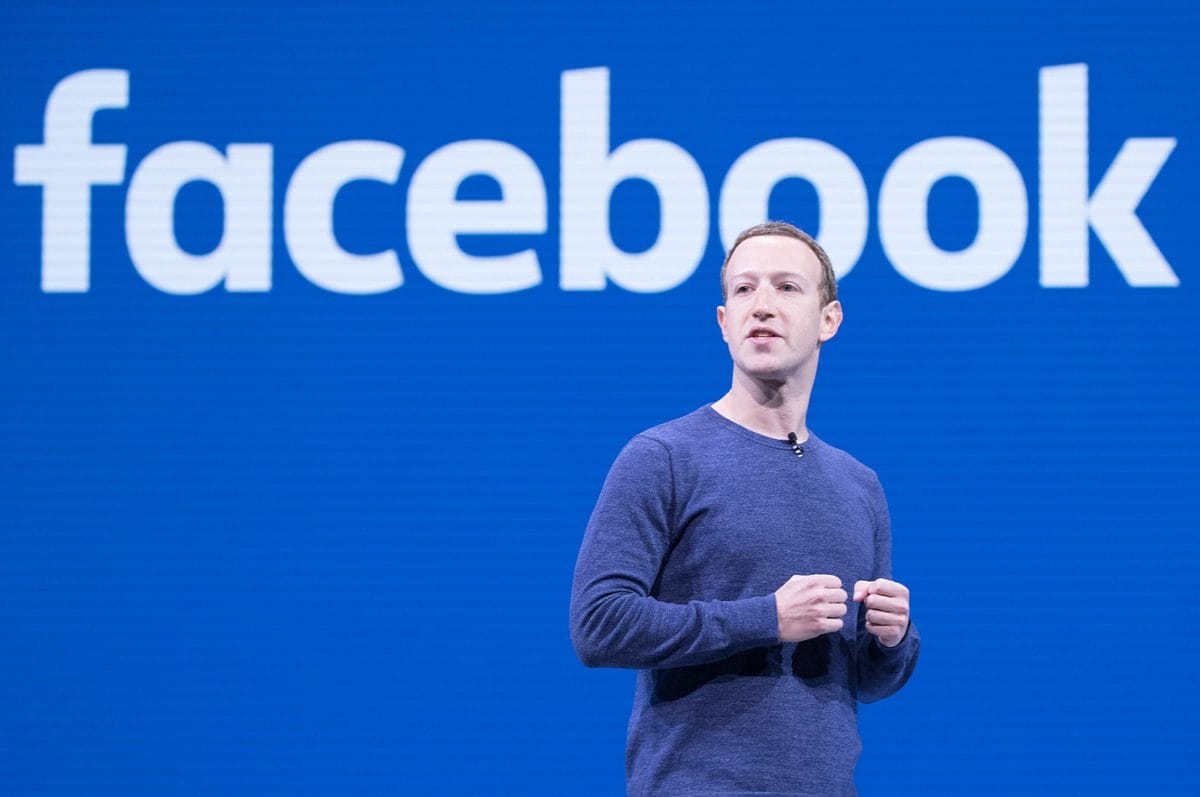Free Press Denounces Facebook Ads, New Content Moderation, Problems of Broadband Adoption
Ads that describe immigrants of color as an “invasion” violate Facebook’s community standards and should not be allowed to run, according to a Wednesday petition from Free Press. Between January and February, President Donald Trump’s Facebook page ran more than 2,000 ads that used the word “invasion
Em McPhie

Ads that describe immigrants of color as an “invasion” violate Facebook’s community standards and should not be allowed to run, according to a Wednesday petition from Free Press.
Between January and February, President Donald Trump’s Facebook page ran more than 2,000 ads that used the word “invasion” to describe immigration from Central and South America. Since then, several other lawmakers such as Sen. Marsha Blackburn, R-Tenn., have used the same language in their own ads.
In August, a white supremacist shooter drove to El Paso and killed 22 people, the majority of whom were Latinx. His manifesto echoed the same “invasion” rhetoric, showcasing the potentially lethal consequences of promoting such language.
“Facebook reviews ads before they’re allowed to run on the platform, and the company has rules that all advertisers are supposed to follow,” Free Press wrote. “These policies expressly prohibit discrimination based on race, ethnicity, color and national origin. And yet Trump, allied nativist and white-supremacist groups and nativist lawmakers are allowed to run campaign ads using dehumanizing, white-supremacist rhetoric.”
Facebook rolls out tool to facilitate user-generated content moderation
Facebook announced on Wednesday a new tool to proactively moderate content in public and private groups. The “Group Quality” tool will show administrators which content was removed and flagged, as well false news that has been shared in the group.
Determining whether or not a group should be taken down is a complicated process, wrote Facebook VP of Engineering Tom Alison in a blog post. The most important factor is subject matter. Conduct of group administrators is also taken into account.
The platform also announced a new simplification of group privacy settings, changing the options from public, closed, or secret to just public or private.
Many critics of Facebook remain skeptical that these updates will lead to any substantial changes. “Just in the past month, I reported groups calling for a global purge of Islam, extermination of people based on religion, and calling for violence through a race war, and Facebook’s response was that none of these groups was a violation of community standards,” computer science professor Megan Squire told NBC News.
Broadband adoption is a more important metric that broadband deployment, says John Horrigan
The Federal Communications Commission is largely focused on broadband deployment, but a more important metric is that of broadband adoption, according to recent analysis in Daily Yonder from Technology Policy Institute Senior Fellow John Horrigan.
The digital divide is more about consumer adoption than network deployment, and household economics is a larger factor in non-adoption decisions than geography.
Data from the Census Bureau’s American Community Survey shows that of the 20.4 million households that do not subscribe to broadband, 4.5 million cite lack of deployment as the reason while 15.9 million cite other reasons.
“It turns out that a number of factors – such as monthly fee, cost of the computer, and the capacity of smartphones, far outpace network issues as reasons people offer for not subscribing to broadband,” Horrigan wrote. “In fact, cost factors – either monthly fee or a computer – are the most important reasons (when combined) that people do not subscribe to broadband.”









Member discussion